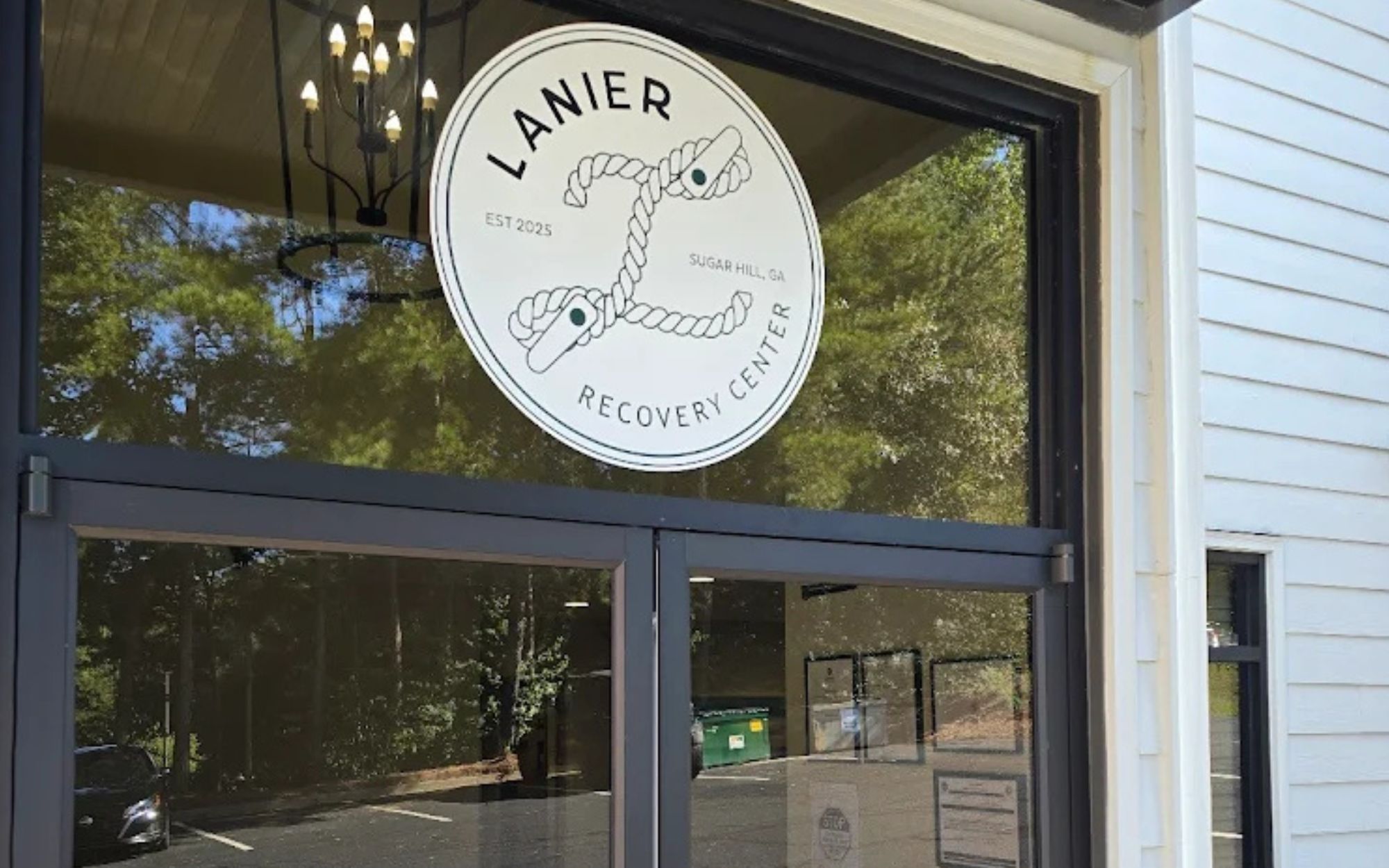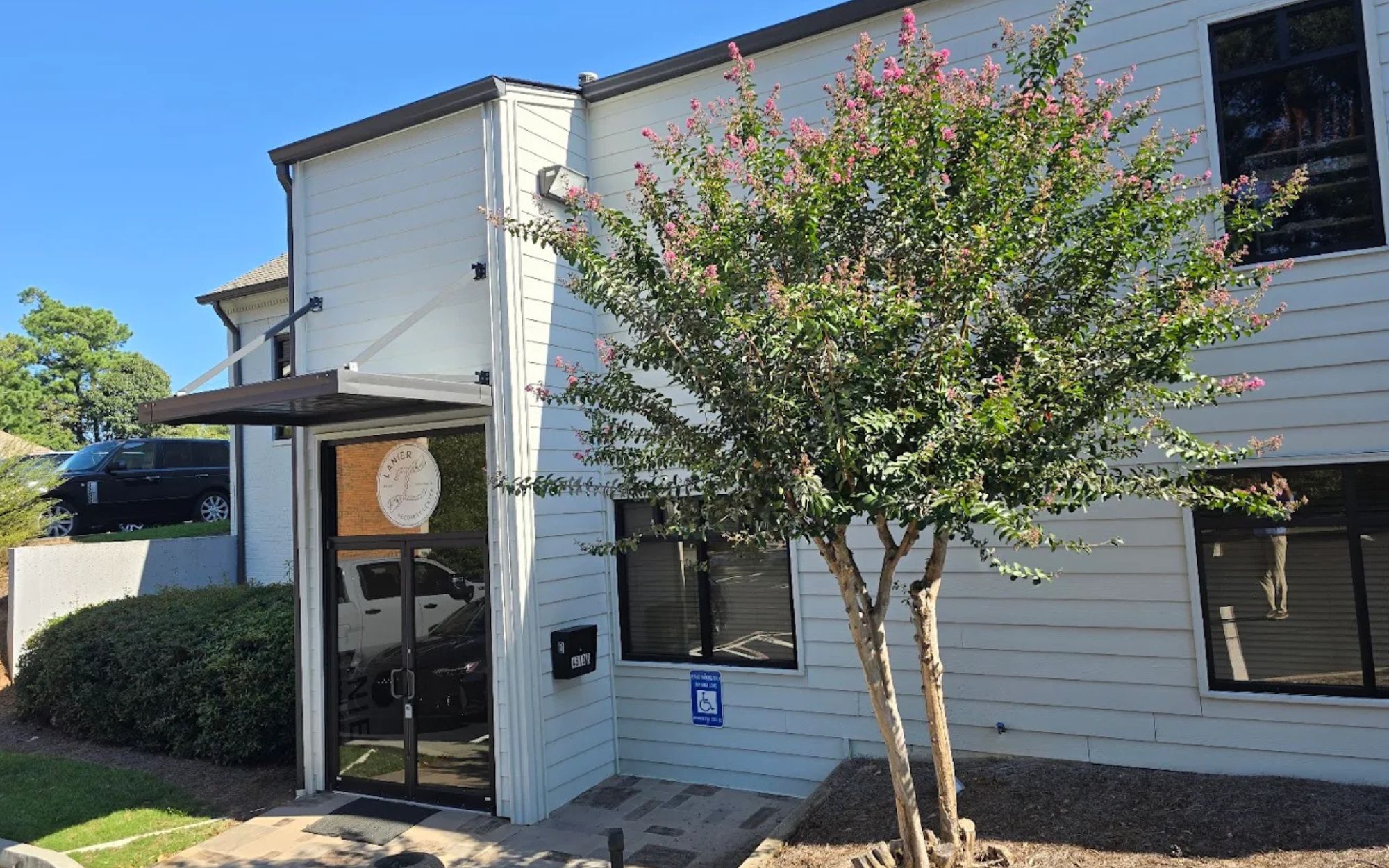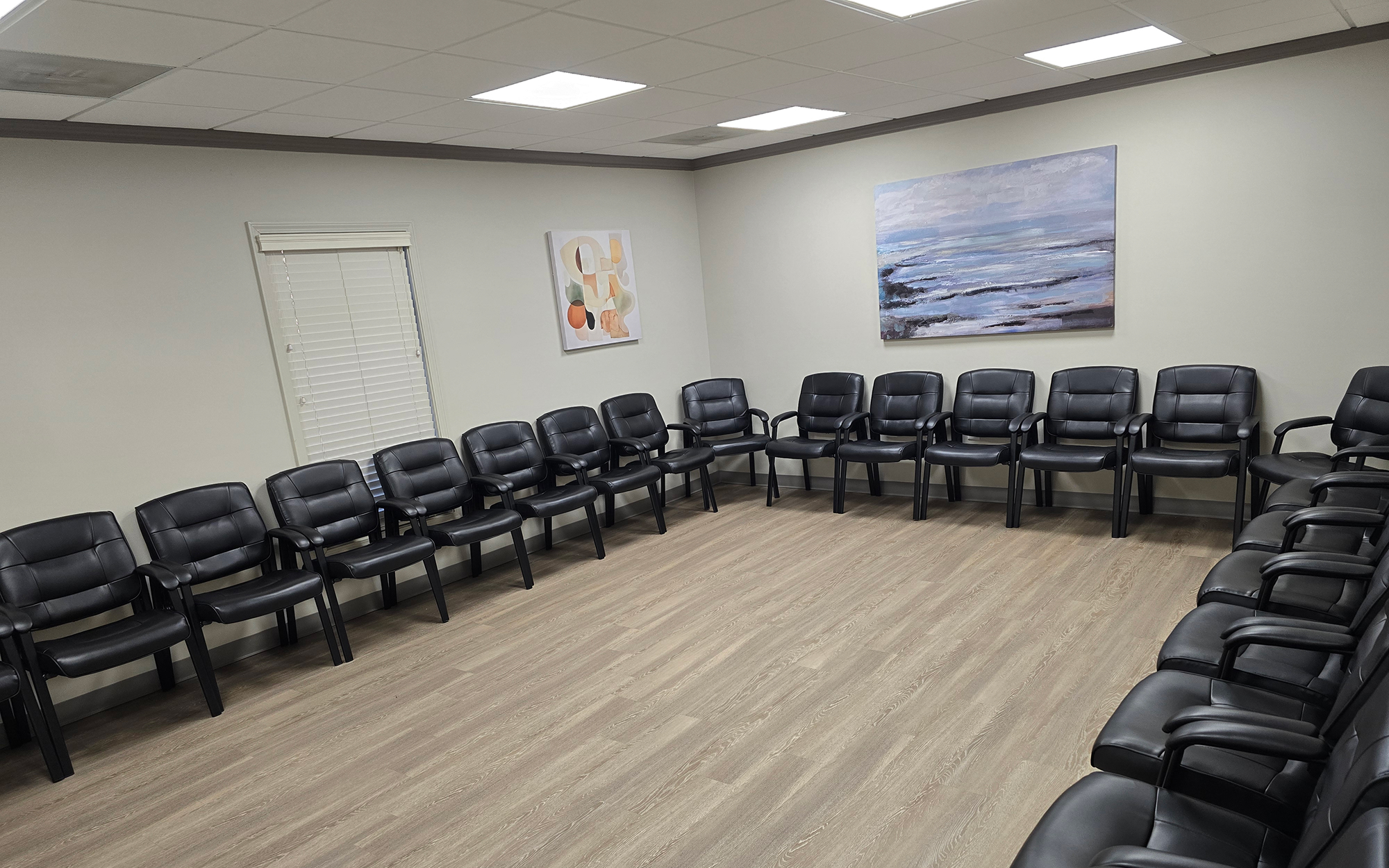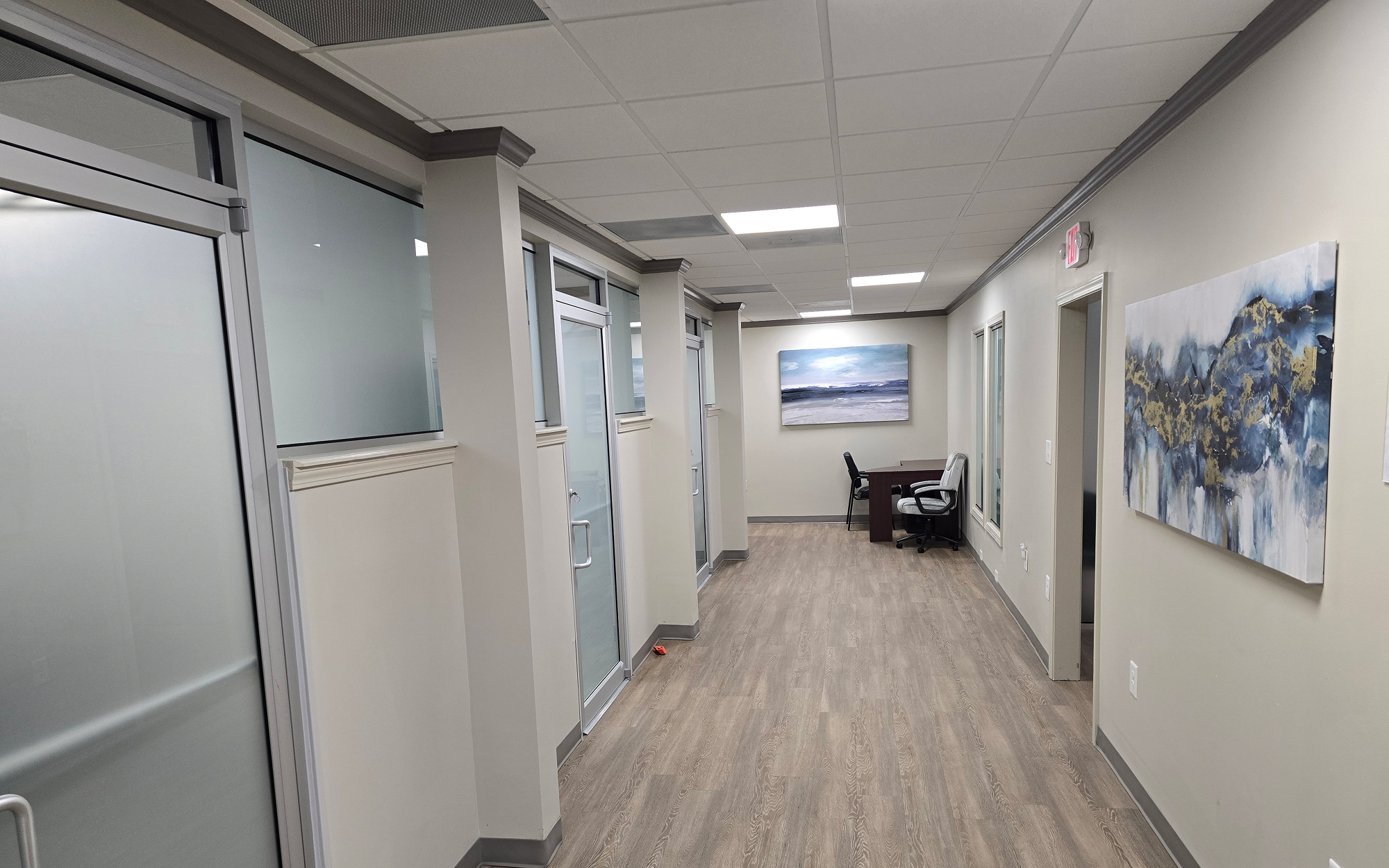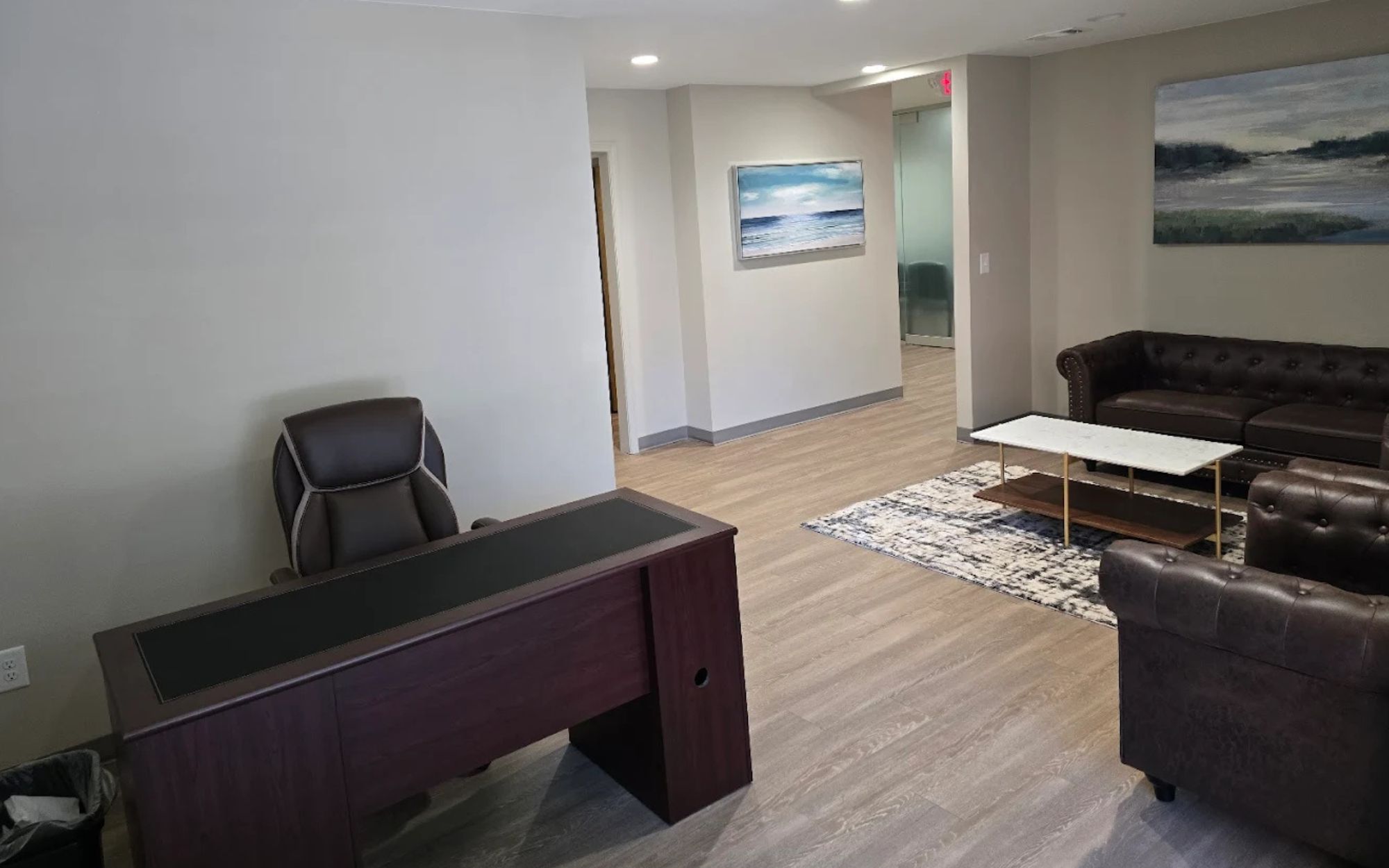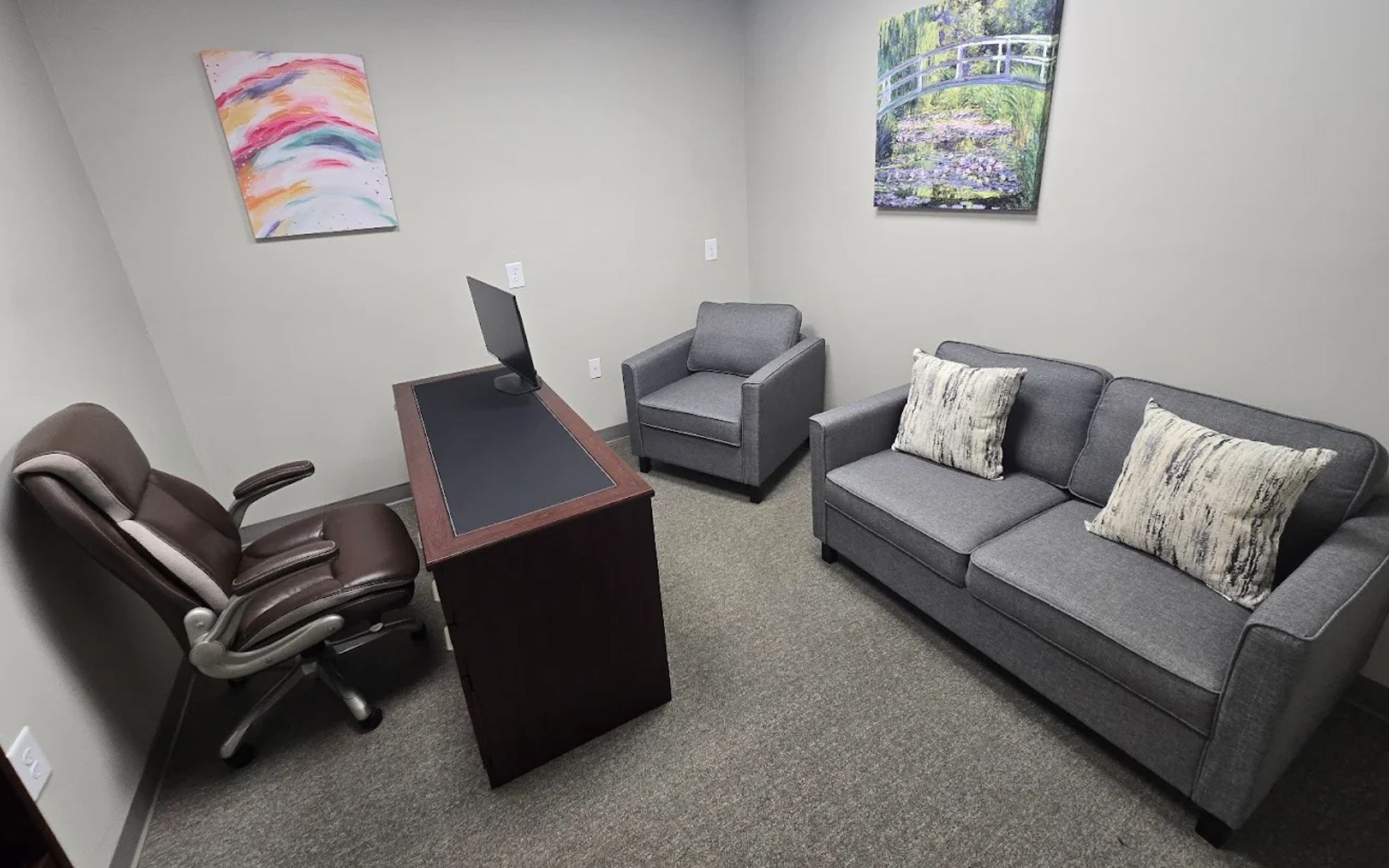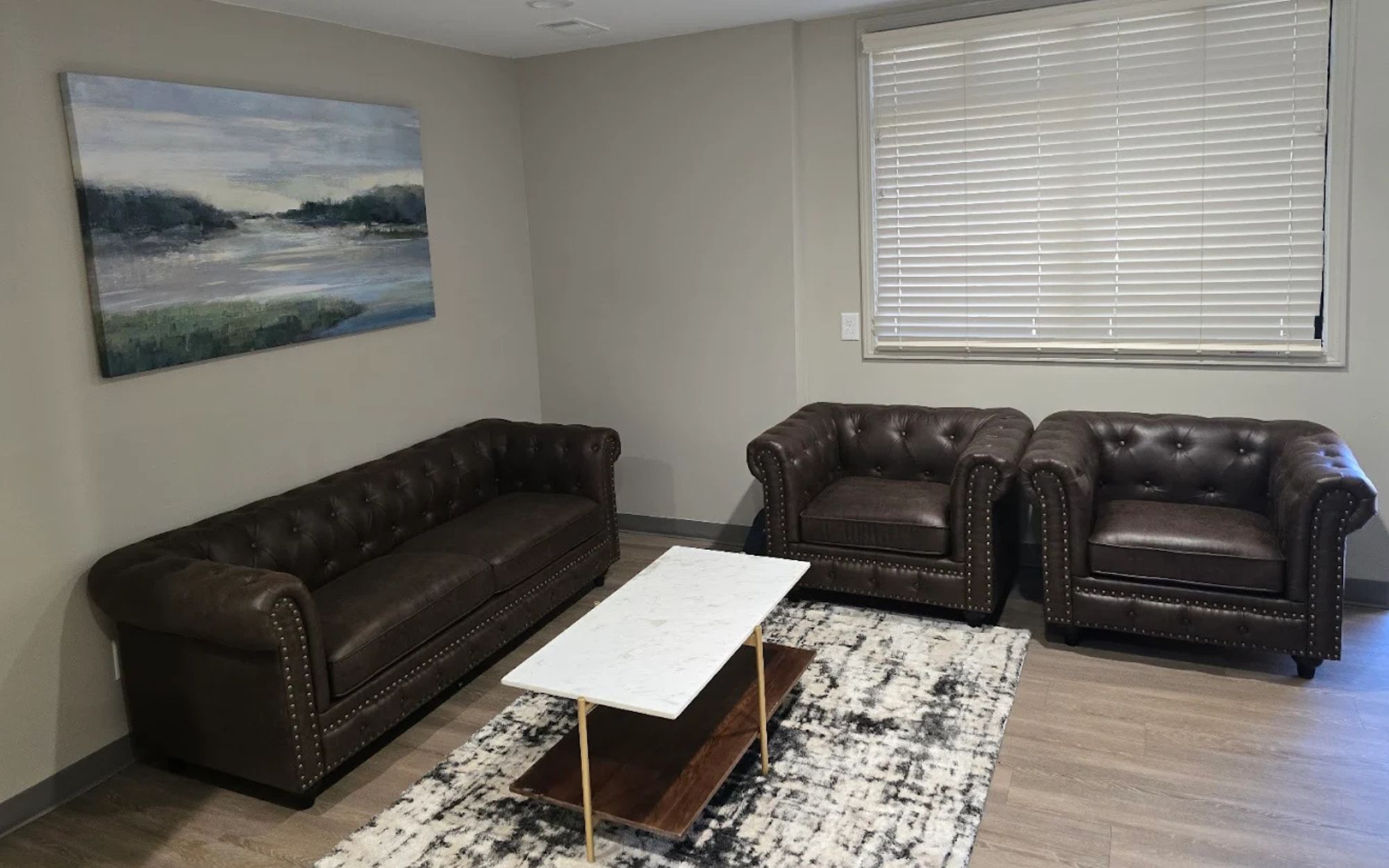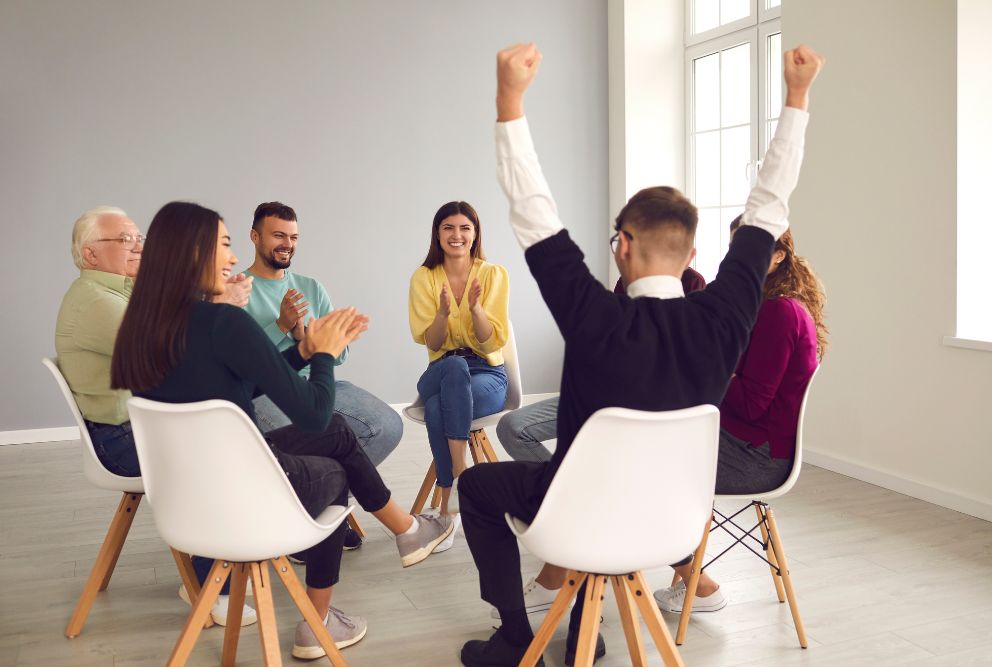
Treatment for marijuana addiction in Atlanta, Georgia
As marijuana becomes increasingly legal and culturally accepted, many people underestimate its addictive potential. While some can use marijuana recreationally without issue, others find themselves physically and psychologically dependent. At Lanier Recovery Center in Atlanta, we provide evidence-based outpatient treatment for marijuana addiction designed to help individuals restore balance, emotional clarity, and control over their lives.

